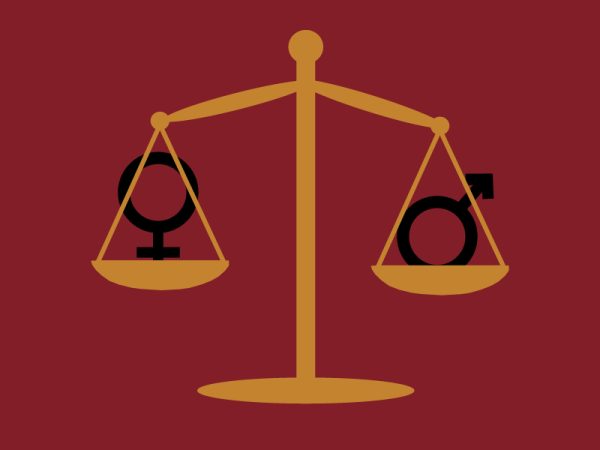Op-ed: Why Ye’s music cannot be separated from his offensive actions
November 8, 2022
Personally, I am one to use music as a means of expression to connect with and so, when an artist reveals more about themselves it could change how I may view their work. Society raises the question of whether we should separate the artist from their art when those artists make uninformed and harmful statements which “cancels” them. Ye’s (formally known as Kanye West) access to various social media platforms has recently been restricted as a result of this.
Not long ago Ye attended Paris Fashion Week wearing a white lives matter shirt and has been making antisemitic statements online. Due to his latest tweets he was dropped by Adidas and other major companies. Although we should hold artists accountable for their actions, should we impose restrictions on an artist’s other work that inspires so many others positively? Should we continue to enjoy and play their music even though they profit from it?
Separating the artist from their work can only happen on a case-by-case basis. Ye and his music are tied so closely together that it is hard to separate the two, but taking into account the severity of the things Ye has said, it has become impossible. “Saint Pablo,” for instance, used stereotypes about Jews in his lyrics. If a musician’s hate speech enters their music, it is challenging to distinguish the artist from their work if the work itself is also harmful. It may not seem as significant in comparison to his most recent tweets, but it demonstrates a pattern of comments he has made on Jewish stereotypes as well as other hate speech in his music starting as early as 2016. This is one example of how it can be difficult to separate the art from the artist.
I personally used to be a fan of Ye when I was younger, but as time went on, his continued affiliation with antisemitic remarks and general disregard for many other minority groups has made it impossible for me to continue doing so. His constant hate speech has gotten to a point that Instagram and Twitter suspended him.
In reference to his recent unsuccessful business endeavors, Ye claimed his most recent tweet was directed at the Jewish businessmen he was collaborating with. Many platforms restricted him because by stating “death con 3,” he was about to reveal all of the Jewish peoples names he was working with. While talking to Piers Morgan about this, Ye said he was “absolutely not” sorry but apologized for the “confusion that [he] caused.” He had no remorse for what he was and is currently doing, but did recognize by the end that he did hurt people with his comments.
During an Oct. 18 interview with Chris Cuomo, he once again blamed Jewish people as a whole for his business misfortunes and referred to them as a mafia. When Cuomo was trying to explain the repercussions of Ye’s actions he refused to “understand and accept” them. As someone who identifies as Jewish, I was shocked by his comments. I’ve struggled with the moral dilemma of whether I could continue to listen to his music for the past few years, and after listening to Cuomo’s interview, it has made the answer to that question very simple. As long as he refuses to take responsibility for his behavior, I will no longer support his music.
Throughout the segment where Cuomo was challenging all of his antisemitic remarks, Ye would consistently use race as a cover by asserting his disbelief in the concept of antisemitism and the impossibility of it existing because, in his opinion, all Black people are Jews. Although it is obvious that his comments are absurd, we should not ignore them because they are a feature of him that we have come to accept. His bipolar disorder cannot be used as an ongoing justification for his hate speech.
Unlike Morgan, Cuomo held Ye accountable throughout the entire conversation, which made Ye incredibly defensive and upset to the point that he ended the call saying he did not feel free in the interview. He defended every comment he said by speaking the “truth” that no one else will.
Since this most recent incident, Ye has continually displayed no regret for his behavior in every interview. Ye has had a lot of similar issues in the past, and they have only gotten worse over time. Additionally, it is crucial to recognize that the impact of his past work can never be erased, but how we view his past work should absolutely be qualified. After this incident, although I will no longer be supporting, we should not shame anyone that is continuing to stream his music.
As members of the Northeastern community, we should hold artists responsible for their actions. By handling situations like this improperly, celebrities have been obtaining a larger platform than what they had from the start. While there are several ways to approach the issue properly, ignoring it is the only incorrect path to take. Others might hear more good than bad in his music, but I don’t feel we should support him or his music until he can truly accept responsibility for his past and present actions.
Arlette Lomeli-Azoubel is a first-year political science and sociology combined major. She can be reached at [email protected].


















